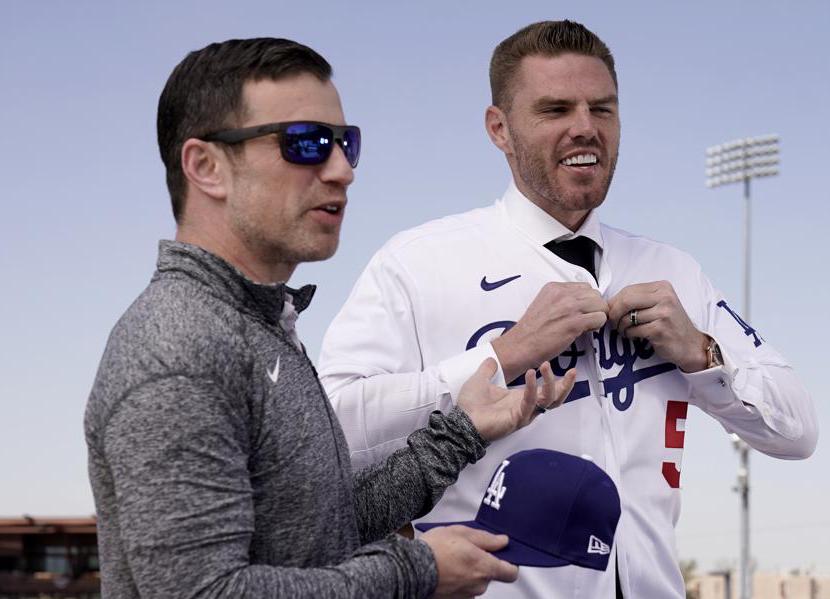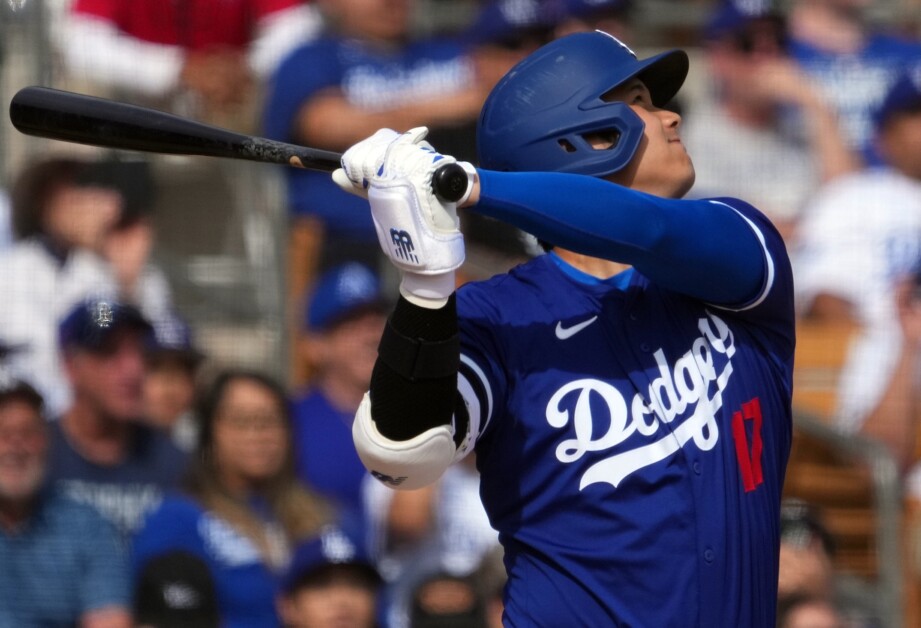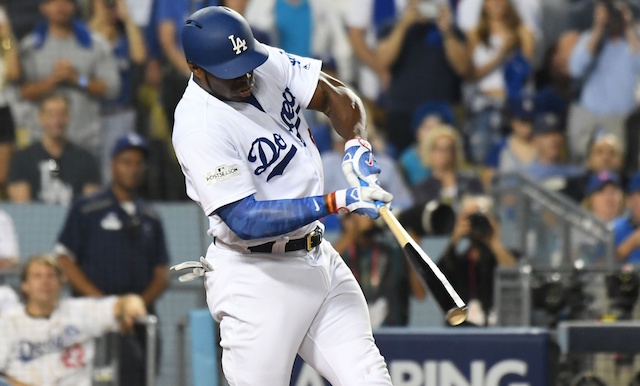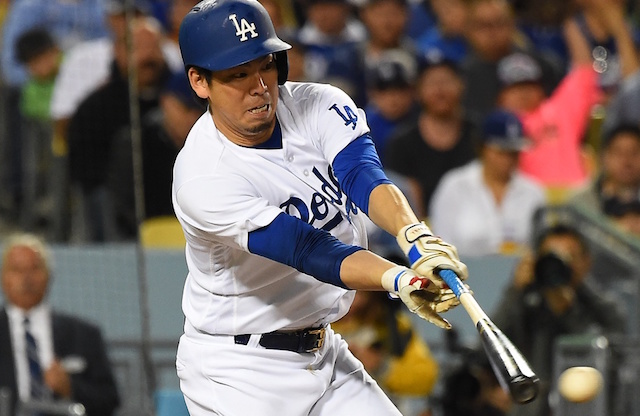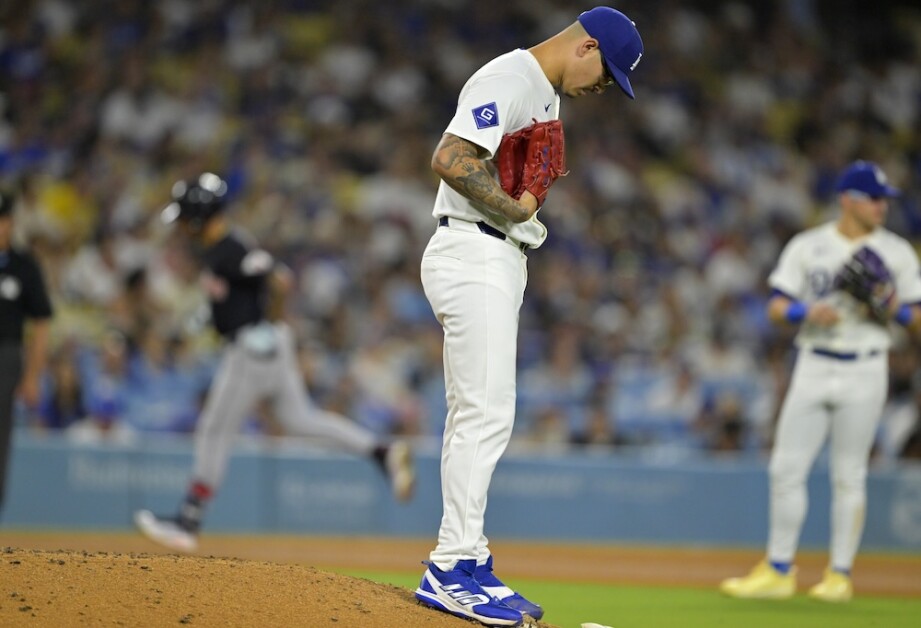Over the last decade, the Los Angeles Dodgers have become one of the most dominant teams in Major League Baseball today, winning nine of the previous ten National League West division titles while reaching the World Series three times in the last six seasons, winning it in 2020.
The team’s success can be attributed to many factors, including strong leadership, skilled players, a commitment to building a winning culture, and a willingness to spend on player salaries. It’s almost unfair how successful they’ve been, and it shows, given the numerous low-odds betting offers from sportsbooks on Dodgers futures bets.
One of the key figures behind the Dodgers’ success has been team president Andrew Friedman, who joined the organization in 2014. Friedman brought a reputation as a savvy baseball executive, having led the Tampa Bay Rays to six playoff appearances in nine seasons. He built a solid front-office team with the Dodgers emphasizing data analysis and player development.
Under Friedman’s leadership, the Dodgers have made a series of shrewd acquisitions through trades and free agency that have helped build a deep and talented roster. Among the team’s key players are outfielder Mookie Betts, acquired in a trade with the Boston Red Sox in 2020, and first baseman Freddie Freeman, who signed a six-year 162 million dollar contract with the team before the 2022 season. Along the way, they also leveraged the services of Manny Machado, Max Scherzer, Trea Turner, Hanley Ramirez, Adrian Gonzalez, and Zack Greinke.
The team’s commitment to player development has also been a significant factor in its success. The Dodgers have one of baseball’s most robust farm systems, with several highly-regarded prospects waiting in the wings. Cody Bellinger, Will Smith, Corey Seager, Gavin Lux, Dustin May, Walker Buehler, and Clayton Kershaw are all homegrown talents.
The team has also succeeded in developing players they’ve traded for, including versatile Chris Taylor, pitcher Rich Hill, and outfielder AJ Pollock, or picked up on waivers, including Justin Turner and Max Muncy, who both became critical contributors to the team’s success.
Another element of the Dodgers’ success has been the team’s commitment to analytics. The Dodgers have one of the most sophisticated data analysis departments in baseball, using advanced statistics and machine learning to gain insights into player performance and game strategy. This approach has helped the team identify undervalued players and optimize its game plans, giving the Dodgers a competitive edge on the field.
Of course, none of this would be possible without the on-field performance of the team’s players. The Dodgers have consistently rostered talented athletes and surrounded starters with depth and versatility, allowing manager Dave Roberts to mix and match his lineups and use players in different roles.
The Dodgers’ recent success has been awe-inspiring, given the challenges of the last two seasons, which were disrupted by the COVID-19 pandemic. Despite these obstacles, the team has continued to excel on the field, thanks to its strong leadership, skilled players, and commitment to building a winning culture.
Looking ahead, the Dodgers are well-positioned to continue their run of success. The team has a strong foundation, a talented roster, a deep farm system, and advanced analytics capabilities. With the right mix of leadership, strategy, and on-field performance, the Dodgers could continue to be one of the most dominant teams in baseball for years to come.





